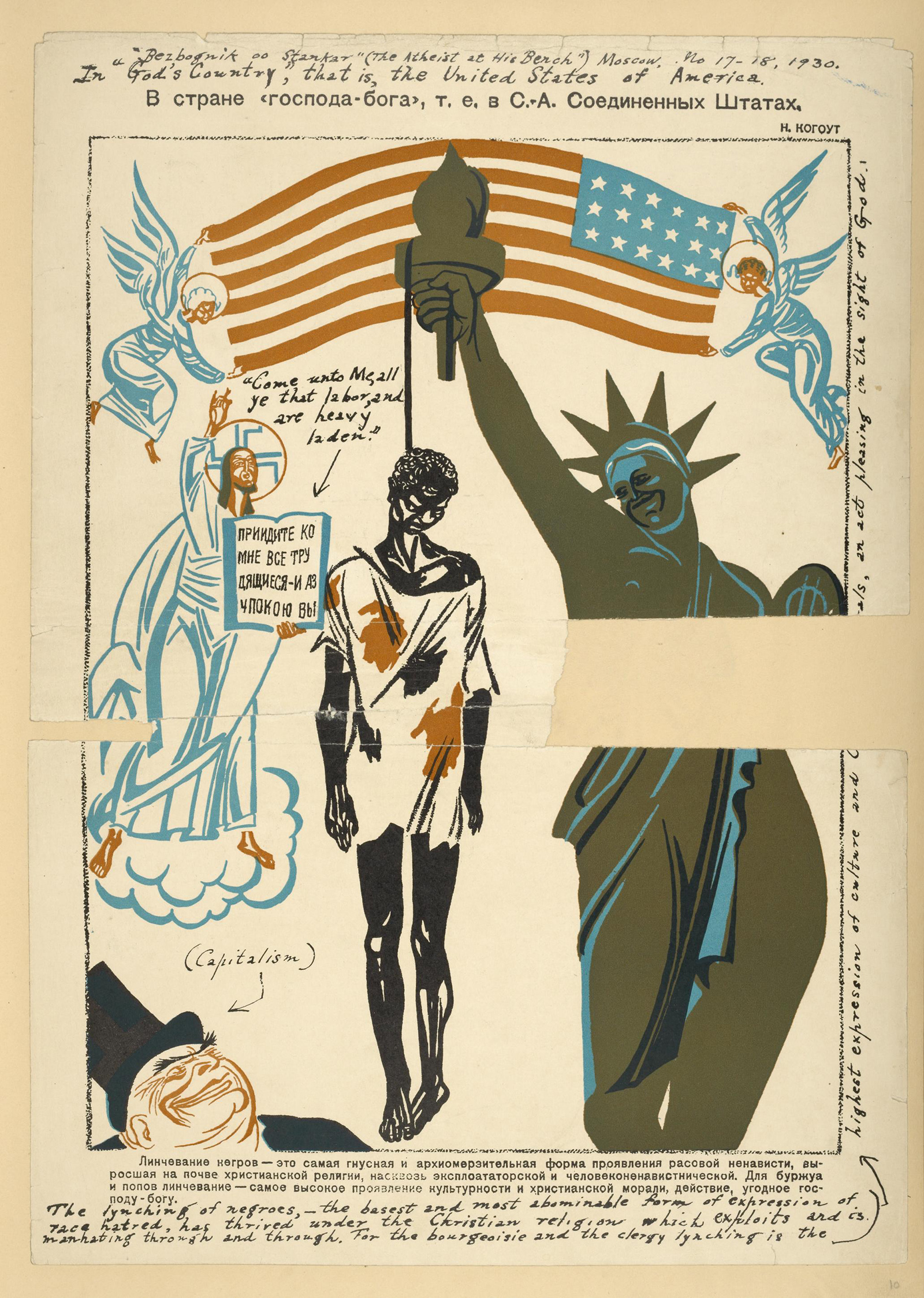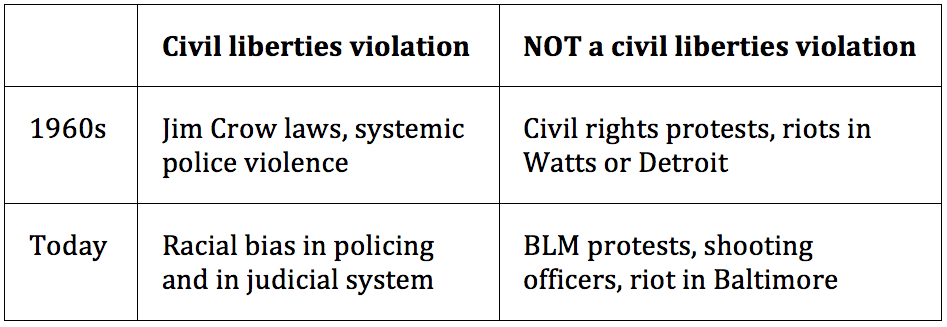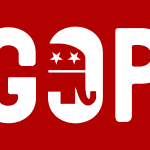The interview in which Donald Trump stated that, under a Trump presidency, the U.S. would not necessarily fulfill its NATO obligations has been discussed at length. What I have not seen widely examined is what that interview says about how Trump views civil liberties. This isn’t going to be pretty, but it desperately needs to be discussed.
Here is a segment from the transcript:
SANGER: Erdogan put nearly 50,000 people in jail or suspend them, suspended thousands of teachers, he imprisoned many in the military and the police, he dismissed a lot of the judiciary. Does this worry you? And would you rather deal with a strongman who’s also been a strong ally, or with somebody that’s got a greater appreciation of civil liberties than Mr. Erdogan has? Would you press him to make sure the rule of law applies?
TRUMP: I think right now when it comes to civil liberties, our country has a lot of problems, and I think it’s very hard for us to get involved in other countries when we don’t know what we are doing and we can’t see straight in our own country. We have tremendous problems when you have policemen being shot in the streets, when you have riots, when you have Ferguson. When you have Baltimore. When you have all of the things that are happening in this country — we have other problems, and I think we have to focus on those problems. When the world looks at how bad the United States is, and then we go and talk about civil liberties, I don’t think we’re a very good messenger.
SANGER: So that suggests that you would not, as, say, President Bush did, the last President Bush, make the spread of democracy and liberty sort of a core of your foreign policy. You would say, “We need allies, we’re not going to lecture them about what they do inside their borders.”
TRUMP: We need allies.
SANGER: And lecture inside their borders?
TRUMP: I don’t know that we have a right to lecture. Just look about what’s happening with our country. How are we going to lecture when people are shooting our policemen in cold blood. How are we going to lecture when you see the riots and the horror going on in our own country. We have so many difficulties in our country right now that I don’t think we should be, and there may be a time when we can get much more aggressive on that subject, and it will be a wonderful thing to be more aggressive. We’re not in a position to be more aggressive. We have to fix our own mess.
President Erdogan of Turkey has suspended civil liberties in that country in ways that are deeply concerning. His government has fired thousands of judges and teachers with little justification. Erdogan claims his government is responding to last week’s military coup attempt, but at this point it looks more like Erdogan is using the failed coup as an attempt to purge his political opponents and consolidate his power in dictator-like fashion. That is the context for this line of questioning.
When asked if he is concerned about the violations of civil liberties in Turkey, Trump responds by saying that we have problems with civil liberties in our own country. And he’s right. We do have problems with civil liberties in our own country. Civil liberties include a range of freedoms we have as citizens, guaranteed by our government—things like freedom of speech, freedom of the press, the right to a fair trial and due process, and so forth. That black people are pulled over at a higher rate than white people, that they are given longer prison terms for the same crimes—these are civil liberties violations. This, of course, is not actually what Trump is talking about.
There is some truth to Trump’s point that it is difficult to lecture other countries about violations of civil liberties when our country doesn’t itself meet the standard it promotes. We saw this during the Cold War, when we positioned ourself as a bastion of freedom and democracy while our nation’s African American population lived under repressive Jim Crow laws and customs and was largely disenfranchised and denied the right to vote. In fact, our inability to meet our own proclaimed standard became a talking point used by the USSR even before the advent of the Cold War.

Communist criticism of Jim Crow, and the problem Jim Crow soon became for U.S. efforts to lead the “free” world, played a significant role in the successes of the civil rights movement in the 1950s and 1960s. Realizing that blatant violations of civil rights and civil liberties made the U.S. look bad abroad and undercut U.S. efforts to promote freedom and democracy—especially as images of African American children attacked by police dogs, blasted with water cannons, and then arrested en masse circulated globally—the American government took steps to correct the problem and restore the United States’ image abroad.
But this is not, of course, what Trump is suggesting. Look up at his statements again. He claims—and I’m not making this up—that “policemen being shot in the streets” and “riots” are civil liberties problems. Tut that is not how this works. Governments violate civil liberties. Individual citizens do not violate civil liberties. I can only conclude that Trump does not know what civil liberties are. I’m completely serious. And you know what? That should be scary to the extreme. This would have been akin to JFK claiming that it was the civil rights movement that was violating civil liberties and making the U.S. look bad abroad, not Jim Crow and police violence.
Here, let me give you a graph:

I am not condoning either the shooting of police officers or riots. There were riots in the mid to late 1960s too, riots far worse than anything we have experienced today, and there was anti-police violence, too. These things are not good things, and are often symptoms of larger problems that need to be solved—problems people have despaired of solving peacefully. We need to both the underlying problems that result in riots or anti-police violence and hold people accountable for their actions.
Riots and anti-police violence, though, are still not civil liberties violations. Only governments can commit civil liberties violations. That Trump thinks private citizens can commit civil liberties violations—that he would refrain from calling out civil liberties violations in other countries because two African American veterans shot and killed eight police officers, or because black youths in Baltimore through rocks at the police—this is utterly unprecedented and completely terrifying. These are—or at least should be—two completely separate categories.
I also don’t trust Trump to tell the difference between peaceful protests and violent protests, given his penchant for calling peaceful protesters at his rallies last spring violent with no justification, and his overall rhetoric about protestors. At his rallies, Trump made a habit of encouraging his supporters to attack and otherwise physically harm the protestors. “I’d like to punch him in the face,” Trump said of one protestor, before adding that “maybe he should have been roughed up” and that in “the old days” protesters like him would have been “carried out on a stretcher.” Given all of this, I am concerned that Trump is including the protests in Ferguson and Baltimore when he speaks of riots there. The right of the people to peacefully protest is one of the must fundamental rights of a democracy, and is generally one of the first civil liberties to go.
In reality—a place Trump does not appear to inhabit—it is the racial bias in our nation’s policing and criminal justice system—along with our use of torture, our extralegal detention of suspected terrorists, and the number of people we have behind bars in our nations’ prison systems—that harm to our efforts to promote freedom and democracy abroad. Also in reality, Trump has himself pledged to suspend civil liberties. Trump has stated that he wants to abridge the freedom of the press by broadening libel laws. Trump wants to bring back torture, and has promised to violate international human rights agreements by targeting terrorists’ families. Trump explicitly softened the Republican Party’s platform to make it go easier on Russia’s Vladimir Putin, who is well known for violating civil liberties.
I know that people often treat the particular election they’re facing as the most important election of all time, but there is something truly different going on this year—and some have more to lose than others. Hispanics face profiling and hateful rhetoric and the possibility that the undocumented among them may be deported. Muslims face much of the same. African Americans face Trump’s complete antagonism toward police reform, among other things. As an upper middle class white woman, though, I had thought that what I was primarily fighting was the threat Trump posed to others. Today, though, that no longer feels as true, because if Trump does not know what civil liberties are—if Trump believes private citizens can commit civil liberties violations—no one is truly safe.
I have a Patreon! Please support my writing!















